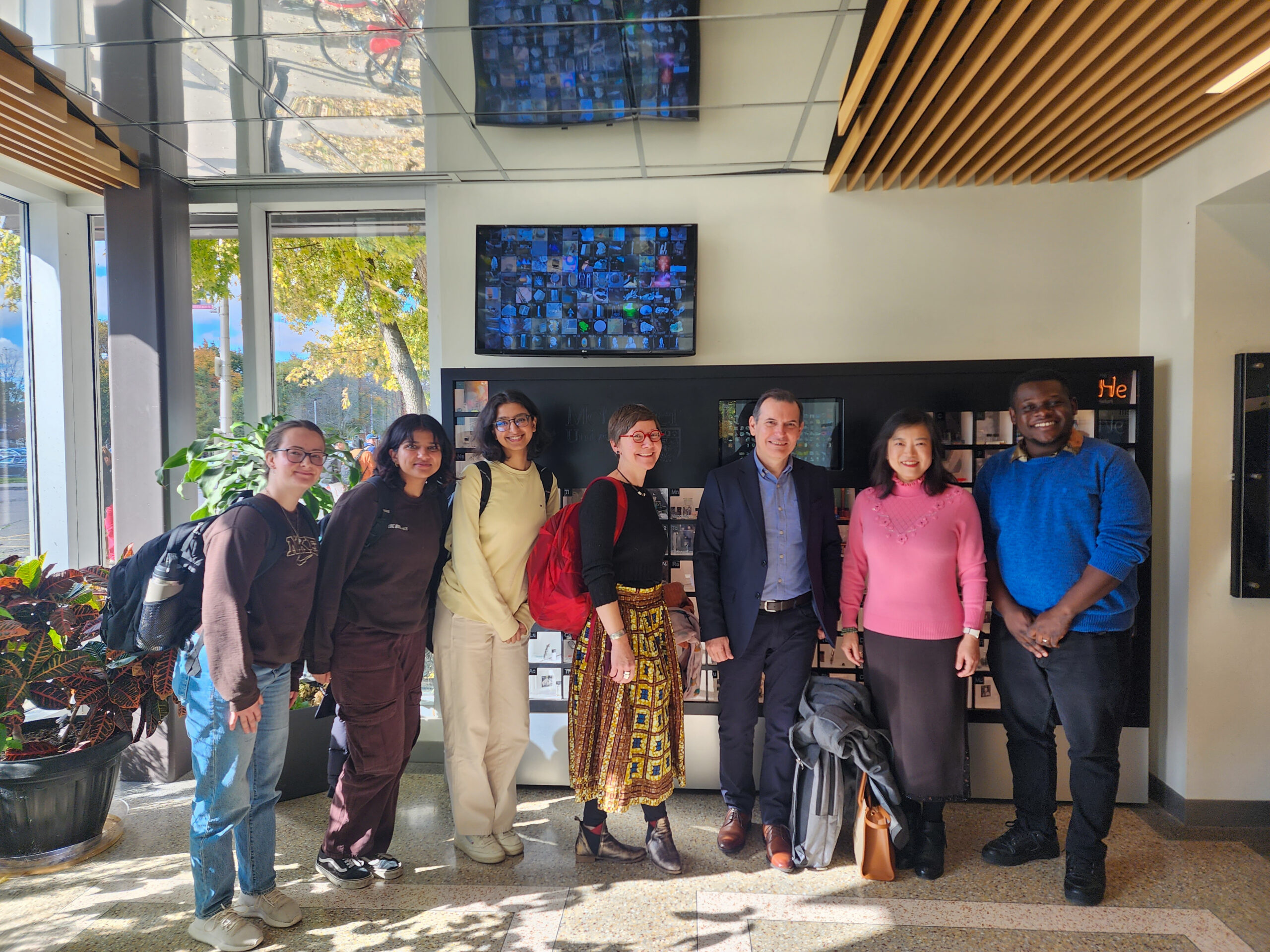Students from Manipal University: How did COVID-19 affect them?

One of the unique benefits of the MSc Global Health program is that it allows for cross-cultural collaboration: a critical element within the global health field. These collaborative experiences with students from partner universities can occur through online group work as well as through in-person interactions while on exchange or during the learning symposium. Unfortunately, due to the COVID-19 pandemic, exchange programs were cut short and the online learning symposium was converted to an online format. Sadly, this meant that many students were unable to partake in the symposium this year, including those from Manipal University. Although they were unable to partake in the symposium and share their unique perspectives, three students from Manipal University, who I had the pleasure of working with while on exchange, were happy to share detailed accounts of how the pandemic affected them: from having to suddenly leave Maastricht, to being quarantined in their homes, and to volunteering their time and expertise in India.
Dr. Sudhamshi Beeram is a registered medical practitioner who is working to complete her MPH at Manipal University. She, like several of her peers, chose to complete her second semester abroad in Maastricht, yet sadly had to rush home due to the pandemic. Sudhamshi shared how she was burdened with expensive airline tickets, lost rent deposits, cancelled plans, and above all, having to suddenly say goodbye to friends and loved ones.
Upon returning, her quarantine was extended from 14 to almost 28 days due to the increased incubation period of COVID-19 in India. Although she is eager to volunteer her medical expertise in her home state, she is unable to as her medical accreditation is in another state of India. Sudhamshi is currently finishing some online courses and volunteering for the UN to raise funds for Nigeria’s COVID-19 crisis.
Dr. Akshat Purohit is a graduate in dental surgery who also experienced the same stressful situation where he was suddenly required to return to India. He described the whole experience as overwhelming and chaotic. Although he was anxious to return home before the borders closed, Akshat also felt sad and nostalgic when leaving Maastricht as he did not have a chance to bid farewell to his friends and peers.
Since returning to India, Akshat utilizes his dental expertise in the hospital every morning, and as a public health professional, he switches to screening patients for COVID-19 in the evenings. He also shared his thoughts on the major challenges that the healthcare system in India is facing such as the scarcity of human and medical resources, especially protective equipment, as well as some cases of ill-treatment and violence against doctors. Nevertheless, Akshat continues to volunteer his expertise to help his city.
Dr. Sneha Kumari, a graduate in dental surgery, kindly shared a detailed account of her unique and stressful experience due to COVID-19. She described how early March was a time of uncertainty over whether she would need to return home or carry out her studies in Maastricht. When the Indian government issued a travel advisory stating that even Indian passport holders would be unable to return to India from Europe after March 18th, Sneha was given a few days to return home. The advisory created a situation of panic for Sneha and her peers, and it resulted in her being forced to buy an overpriced ticket home.
Sneha’s journey home was described as stressful and frightening as she was unable to say goodbye to friends, could not purchase any hand sanitizer or masks due to shortages, and was anxious by the fact that she might be quarantined at a public facility in New Delhi. During the journey home, Sneha described long security lines at the Moscow airport, as well as people pushing each other in their haste to not miss their flight. Upon landing in New Delhi, Sneha went through an extensive screening process due to her past travels to Paris. Fortunately, as her home would allow her to follow all precautionary measures, she was allowed to self-quarantine at home. Sneha has not stepped out of her house in over 40 days, yet she maintains her positivity and keeps herself busy with exercise, gardening, and reading.
Natasha Pereira
Student BlogRelated News
News Listing

November 12, 2024

November 5, 2024

Pollution, Power, and Protest: Unpacking Environmental Racism from Africville to Wet’suwet’en
Student Blog
October 10, 2024
